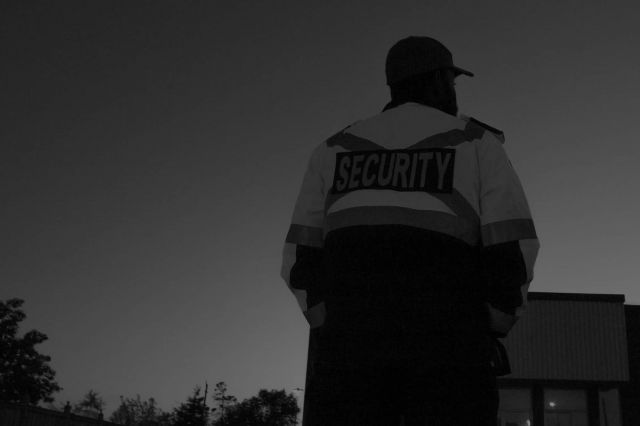Guidance on the use of force by private security providers

Excerpt from Regulating the Use of Force by Private Security Providers: A Guidance Tool for States (DCAF 2019):
In complex environments, legislation, oversight and accountability structures around the use of force can be very rudimentary or non-existent. Due to a lack of specific rules, security providers and companies have a tendency to apply (by analogy) the rules on use of force applicable to law enforcement officials. However, the extent to which force can be exercised by private security providers and the limitations that should be taken into account may be fundamentally different from those of law enforcement officers for a number of reasons:
- Law enforcement officers are authorised to use force for the achievement of legitimate law enforcement objectives in order to be able to fulfil their responsibilities within the limits of the domestic legal framework. In contrast, for private security providers, the legal basis to use force is the same as for any citizen, meaning that the use of force by private security providers must be guided by the personal right to self-defence unless explicitly authorised by law to perform wider tasks. The right to self-defence is a general principle of law, and is recognized in all the world’s major legal systems. For instance, when providing security to large events, private security providers do not have a broader mandate to use force than any private individual would have. Instead, their duty is to fulfil their contract to provide security for the contracting party. Importantly, private security provider personnel can only use defensive force. In other words, the use of force in a manner that is offensive, pre-emptive or anticipatory is strictly forbidden for private security providers.
- When performing private security services, the mandate of private security providers is linked to a contract and limited by the relevant contractual clauses. No general mandate to ensure public security beyond the objectives of the contract can be inferred. Additionally, tasks mandated by a private security contract lack the legitimacy, oversight and accountability mechanisms that apply to tasks exercised by public security structures within a State. For example, monitoring and reporting processes, the responsibilities of hierarchies of superior personnel, and judicial structures and mechanisms are not as clearly identified for private security as they are for law enforcement officials.
- Too often, the use of force is confused with the use of firearms. However, different prerequisites apply. First, the possibility to carry and use firearms at all, as well as the type of firearms that can be used, depends on national laws. Second, under international law, the thresholds for allowing the use of force and for allowing the use of firearms are very different. Hence, when considering the possibility that force may be needed, the private security provider may need to address the situation with measures other than firearms. Recourse to firearms will only be lawful where the national law criteria on carrying arms, registration and licensing are met; when they are used as a means of last resort in the specific situation of self-defence; and when the strict criteria of necessity and proportionality are met. The right of self-defence does not in itself imply or confer a right or a duty to use a weapon for self-defence purposes.
Source:
This Website uses Matomo Analytics cookies to analyze traffic and help us to improve your user experience. These cookies are stored in Germany and the Personal Data collected through cookies is only accessible to us and to our web hosting platform service provider, based in Switzerland.
https://www.securityhumanrightshub.org/inner.php/ajax


